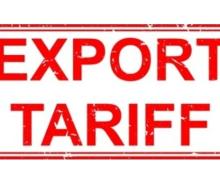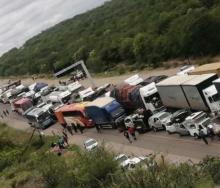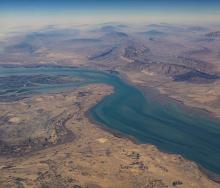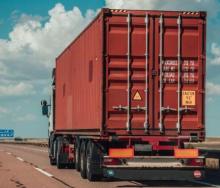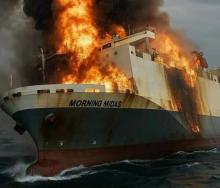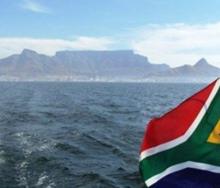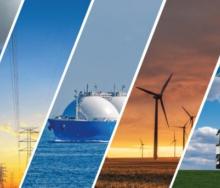There is an urgent need for scaling up climate finance to enable adaptation for improved resilience and readiness for calamitous weather events in Africa, a bank sector expert has told a climate change gathering Johannesburg.
Delivering one of the keynote speeches at an African Climate Action Roundtable on Tuesday, World Bank executive director Abdoul Salam Bello made a strong case for increased involvement from all concerned.
Speaking while a devastating drought continues to threaten the food security of about 1.3 million people in Madagascar, Bello, who heads up the bank’s Africa Group II, said his region of responsibility had seen how some countries have had to bear the brunt of climate change.
“I represent a constituency of 23 countries. Those countries encapsulate the challenges and opportunities of climate change, from drought to land degradation, to forests, and rising sea levels.
“Indeed, four out of the ten most vulnerable countries are in our constituency. They include Mali, Guinea-Bissau, Niger and Chad.”
Bello has enough reason to be concerned about the lack of adequate funding low-income countries (LICs) and small island development states (SIDS) receive to timeously prepare and protect themselves against weather events.
In the wake of last November-December’s Conference of the Parties (COP) gathering in Dubai, hosted by the UN Framework on Climate Change, the Brookings Institute highlighted “insufficient funding” and access hurdles to financing as some of the most serious constraints hobbling LICs and SIDS in their attempts to source climate funding.
In a report titled Finance for climate adaptation in Africa still insufficient and losing ground, the US think tank said: “Africa is one of the most affected regions by climate change and its current and historical greenhouse gas emissions are minuscule at a global scale. However, the region received only 20% of global adaptation finance flows (USD 13 billion) annually in 2021-2022. This is less than half of the finance going to the East Asia and Pacific region, which received about 45% of global adaptation finance flows.”
Ahead of COP28, last September’s Africa Climate Summit in Nairobi heard that the continent that was most affected by changing weather patterns received only 3% of climate funding.
According to Brookings Institute, “the private sector's contribution to climate adaptation in Africa remains minimal, with less than 3% of adaptation activities financed by the private sector globally from 2019-2022”.
Bello said the World Bank was trying to address inadequate funding as best it could, having made $36.8 billion available for climate change financing in 2023.
His concern for the slow pace of climate financing and adaptation couldn’t be more prescient, especially given the need for the accelerative distribution of goods against the backdrop of the African Continental Free Trade Area (AfCFTA).
In March, Resilinc reported that “2023 was the warmest year on record”. “Now, it is predicted that 2024 has a 99% chance of ranking in the top five warmest years.
“As temperatures continue to rise, the intersection of climate change and supply chain resilience demands increased attention from businesses worldwide.
“From wildfires to hurricanes, the potential for climate-related supply chain disruptions remains a significant concern for supply chains and economies globally.”
The logistics resilience consultancy’s CEO, Bindiya Vakil, named climate change as one of the top five supply chain trends for 2024.
She said from 2021 to 2023, Resilinc’s platform saw a 44% increase in alerts related to extreme weather – growing from 244 disruptions in 2021 to 351 this past year.
“By 2025, the Bank intends to dedicate 45% of its annual funding to climate change, to be equally split between adaptation and mitigation.”
Working along with African Risk Capacity (ARC), the AU’s specialised agency tasked with helping governments on the continent to plan, prepare and respond to extreme weather events and natural disasters, Bello stressed that a lot more needed to be done at a much faster pace.
“We urge ARC to work with us to put the emphasis on adaptation and resilience, especially in LICs and SIDS that are particularly vulnerable to climate-related effects.”
He said a Country Climate Development Report conducted by the World Bank on the Sahel region in Northern Africa, had found that “without adequate adaptation, mitigation and resilience, up to 13.5 million people could fall into poverty by 2050”.
All considered, Africa’s ability to trade freely with itself as the AfCFTA, creating an economic bloc serving 1.3 billion people and potentially unlocking a combined GDP of $3.4 trillion, could go a-begging if climate change impacts weren’t effectively addressed.
“We need speed, scale and impact,” Bello said.

